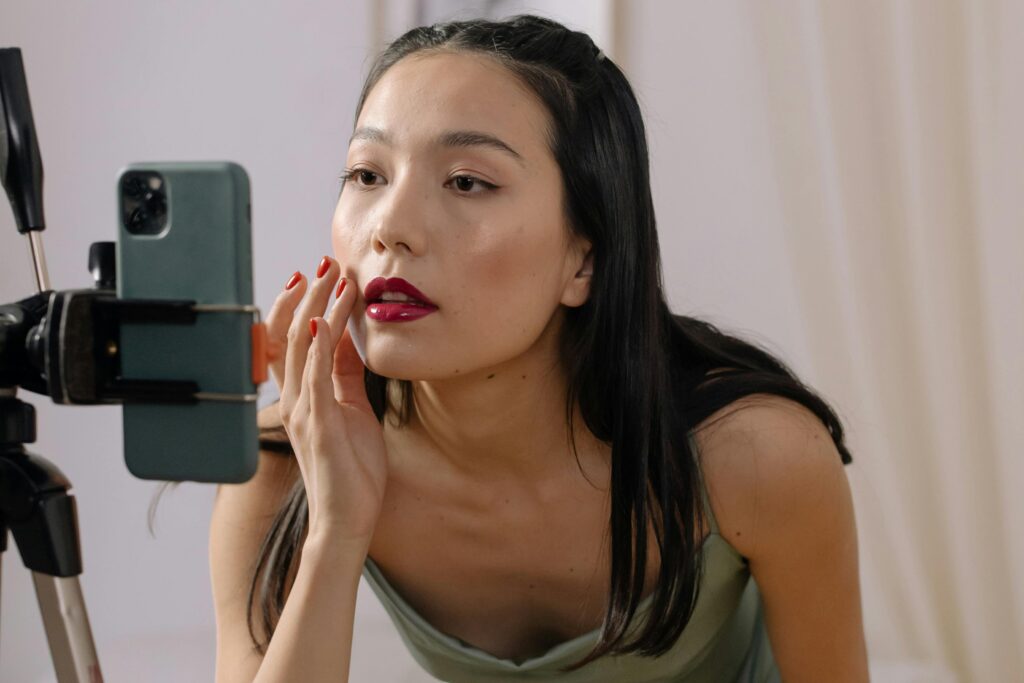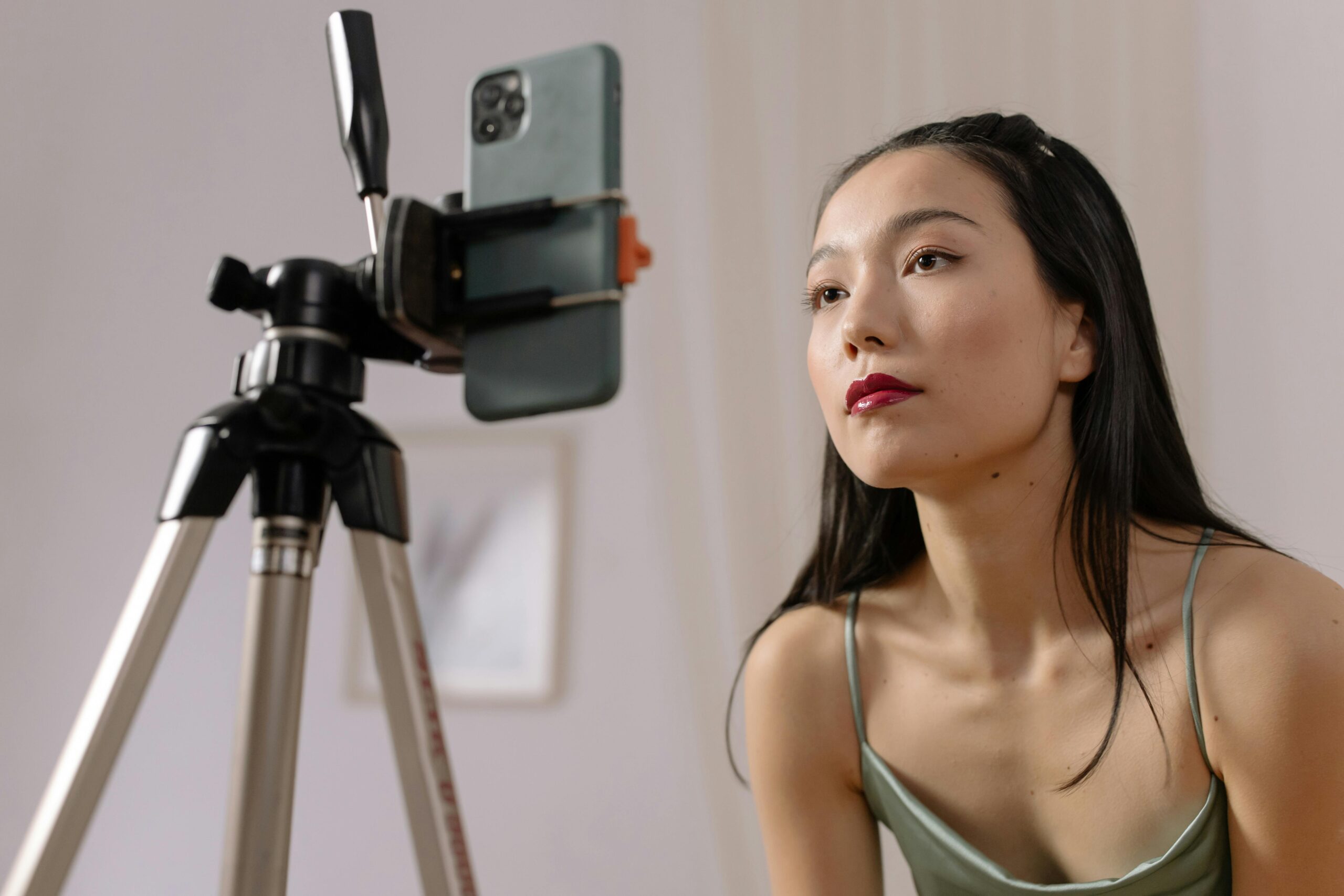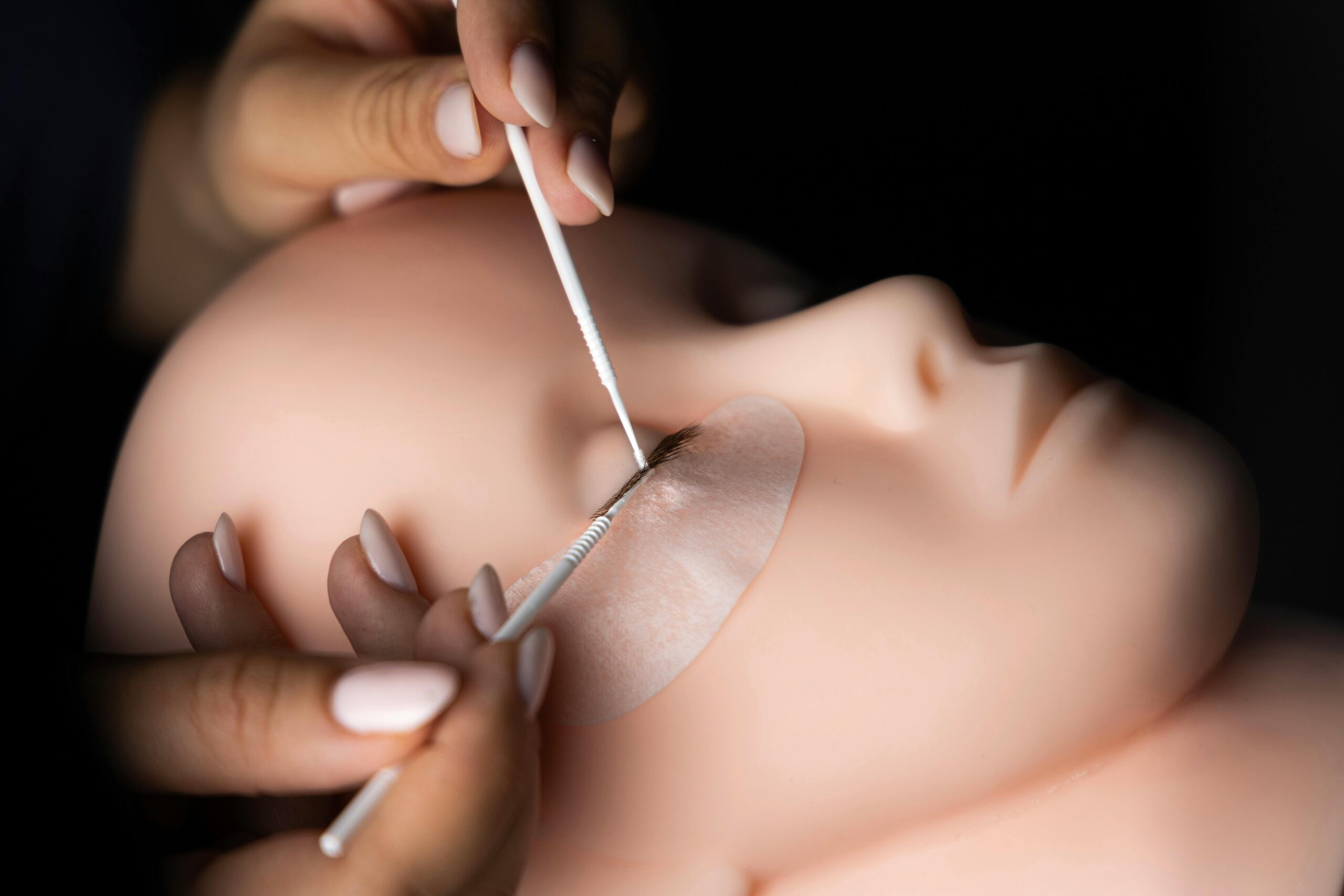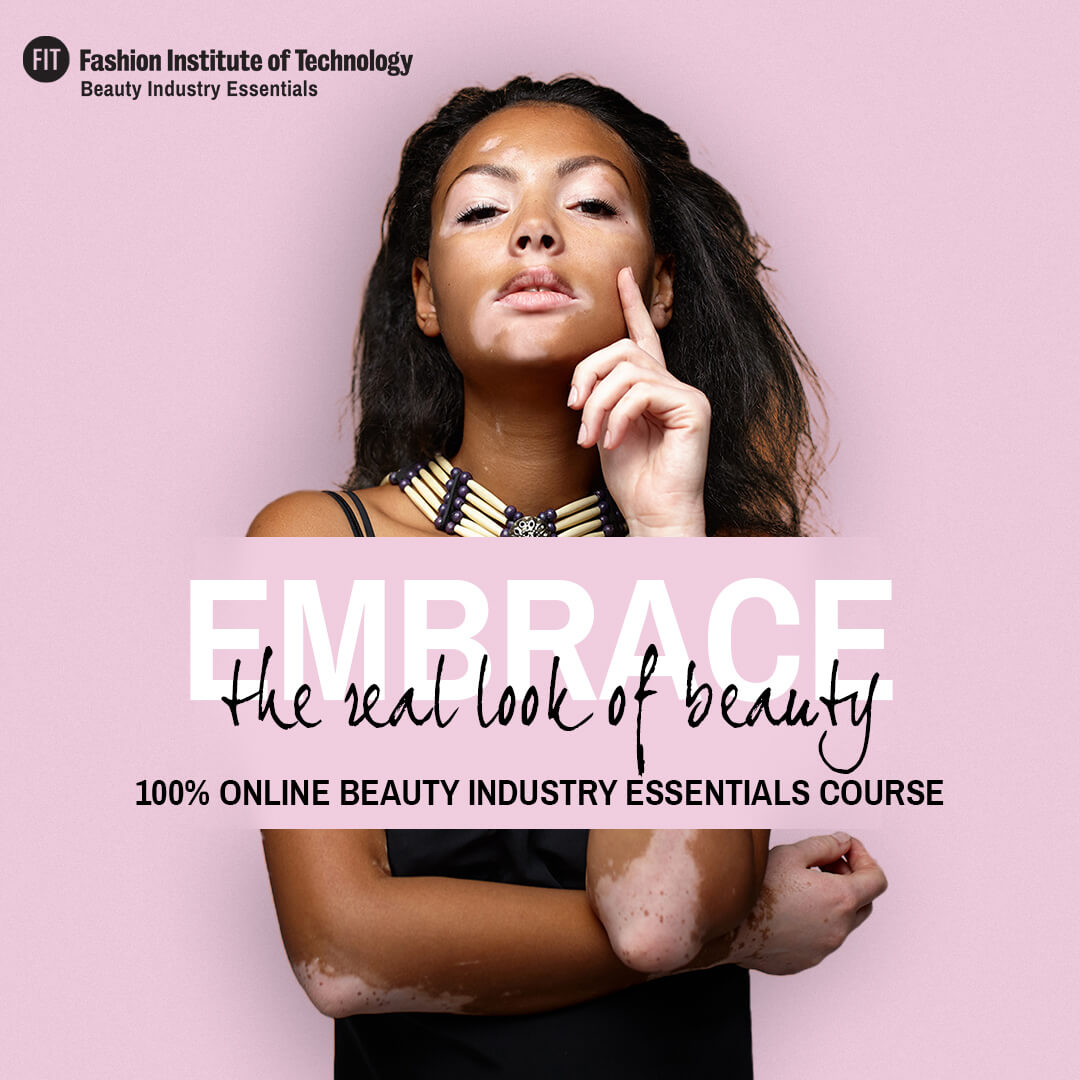In today’s digital age, social media has become a powerful platform for beauty enthusiasts and professionals to showcase their creativity, skills, and the latest trends.
As social media continues to shape the beauty industry, staying updated on the latest social media beauty trends is essential for anyone looking to thrive in this competitive field.
Influencer Collaborations
One of the most prominent social media beauty trends is the rise of influencer collaborations. Beauty brands are increasingly partnering with social media influencers to create and promote new products. These collaborations help brands reach a wider audience and leverage the influencer’s credibility and following to boost sales.
AR Filters and Virtual Try-Ons
Augmented reality (AR) filters and virtual try-ons have revolutionized the way consumers experience beauty products online. Brands are utilizing AR technology to allow customers to virtually try on makeup, hair colors, and even skincare products before making a purchase. This trend not only enhances the online shopping experience but also helps consumers make more informed decisions.
Sustainable Beauty
With growing awareness about sustainability and environmental impact, sustainable beauty has become a significant trend on social media. Consumers are now more conscious about the ingredients in their beauty products, as well as the packaging and manufacturing processes.
Brands that promote eco-friendly and cruelty-free practices are gaining popularity among socially conscious consumers.
Diversity and Inclusivity
Social media has played a vital role in promoting diversity and inclusivity in the beauty industry. Consumers are demanding more representation and inclusivity in beauty campaigns, leading brands to expand their shade ranges and feature a diverse range of models in their marketing materials.
This trend has not only empowered consumers from all backgrounds but has also forced brands to be more inclusive in their offerings.
Skincare Over Makeup
The skincare-over-makeup trend has gained momentum on social media, with more consumers prioritizing skincare routines over heavy makeup looks. Influencers and beauty experts are focusing on achieving healthy, glowing skin through skincare products and treatments, emphasizing the importance of a good skincare routine as the foundation of any beauty regimen.
DIY Beauty
DIY beauty trends have taken social media by storm, with users sharing homemade beauty recipes, hacks, and tutorials. From DIY face masks to natural hair treatments, social media platforms are filled with creative and cost-effective beauty solutions that cater to the growing demand for natural and sustainable alternatives.
Wellness and Self-Care
The wellness and self-care trend has influenced the beauty industry, with an increasing focus on holistic approaches to beauty and skincare. Social media platforms are filled with content promoting self-care rituals, mental health awareness, and overall well-being as essential components of a beauty routine.
Brands are incorporating wellness elements into their products to cater to consumers seeking a more holistic approach to beauty.
Micro-Influencers
While macro-influencers have traditionally dominated the social media landscape, micro-influencers are gaining popularity for their niche expertise and engaged followings. Beauty brands are collaborating with micro-influencers who have a smaller but highly targeted audience, leading to more authentic and relatable content that resonates with followers on a personal level.
TikTok Beauty Challenges
TikTok has emerged as a powerhouse for beauty trends, with viral challenges and hashtag trends shaping the way beauty content is consumed and shared. From makeup transformations to skincare routines, TikTok has become a hub for beauty enthusiasts to showcase their creativity and connect with a global community of like-minded individuals.
Clean Beauty
Clean beauty, which focuses on products made with non-toxic and natural ingredients, has gained traction on social media as consumers become more conscious of what they put on their skin.
Brands that prioritize transparency in their ingredients and sustainability in their practices are resonating with consumers seeking clean and ethical beauty options.
Conclusion
Social media continues to transform the beauty industry, driving innovation and fostering a deeper connection between brands and consumers. From influencer collaborations to sustainable practices and cutting-edge technologies like AR filters, these trends highlight the industry’s adaptability to the evolving preferences of modern consumers.
By embracing inclusivity, wellness, and transparency, the beauty industry is not only staying relevant but also shaping a more conscious and dynamic future.
Key Takeaways:
- Social media is a powerful platform for beauty enthusiasts and professionals to showcase trends and skills.
- Influencer collaborations and AR filters are reshaping the beauty industry’s marketing strategies.
- Sustainable beauty, diversity, and inclusivity are key trends driving consumer preferences.
- Skincare prioritization, DIY beauty, and wellness are shaping beauty routines.
- Micro-influencers and TikTok challenges are influencing consumer engagement.
- Clean beauty is gaining popularity with a focus on non-toxic ingredients and sustainability.
To stay ahead in the ever-evolving beauty industry, consider enrolling in the FIT Beauty Industry Essentials online course and certificate program offered by Yellowbrick.
This comprehensive program will provide you with the knowledge and skills needed to thrive in the competitive beauty landscape and make a lasting impact in the industry.




